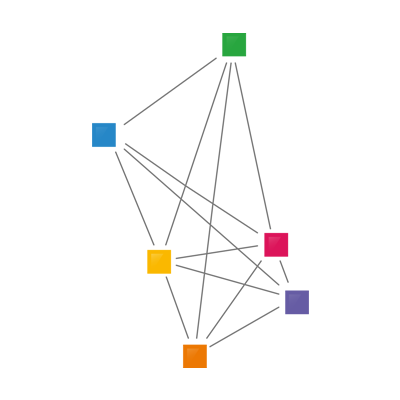Education reinvented
4 Apr 2019 10:00h - 10:45h
Event report
[Read more session reports and live updates from the 2nd Western Balkan Digital Summit]
Key topics addressed during session ‘Education reinvented’ moderated by Mr Aleksandar Borisavljević (Serbia Country Director, Semos Education and CEO, Edtech Center Western Balkans) included: what education will look like in 2030; what are the challenges and how to respond; and how can the gap between the educational system and new technologies can be narrowed.
Mr Nebojša Vasiljević, (Owner at Neva Consulting and Director of Loop Foundation), said that the focus of his foundation was to improve algorithmic literacy among youth in Serbia, support the introduction of informatics in primary schools, and improve the delivery of the subject in secondary schools. It is important that informatics is on par with other school subjects, Vasiljević noted. Vasiljević also pointed to the significance of non-formal education in filling the vacuum created by the rigidness of formal education, mostly with regard to children particularly interested in technology-related subjects.
Mr Zoran Gajić (Founder at Robokids) highlighted the shortage of skilled IT professionals in the workforce. He said that, although the IT industry is flourishing in the region, the number of adequate staff is getting smaller, as a number of skilled people go abroad whilst others are readily employed in the IT sector. Therefore, the main concern remains to be how to increase the interest of children in science and technology, Gajić noted. He also reflected on the success of the science, technology, engineering, and mathematics (STEM) center ‘Robokids’ that is aims to improve education in Bosnia and Herzegovina in the field of STEM.
Today’s children are growing up in the world of technology, noted Ms Nataša Anđelković (Head of Pre-school Education in EdTech Center and Teacher in 11 April Preschool), adding that both children and their parents are left to navigate alone in the digital world. Similarly to the previous panellists, Ms Anđelković stressed the importance of preparing children for the future by jointly constructing technology-related knowledge and encouraging children to think, rather than merely conveying current knowledge on these issues.
Similarly, Mr Luis Vasallo (Account Executive at pi-top) stressed that the idea behind his company was to develop skills of learners and adequately prepare them for the future. He also added that education in 2030 would move away from instilling knowledge to developing skills – it is important to turn learners from passive consumers to active innovators.
By Katarina Anđelković
Related topics
Related event

